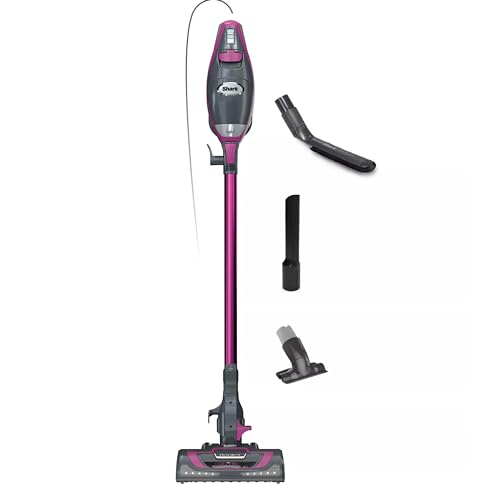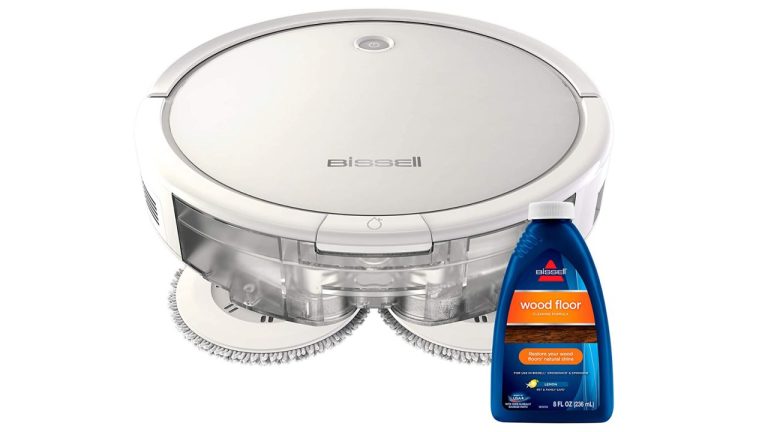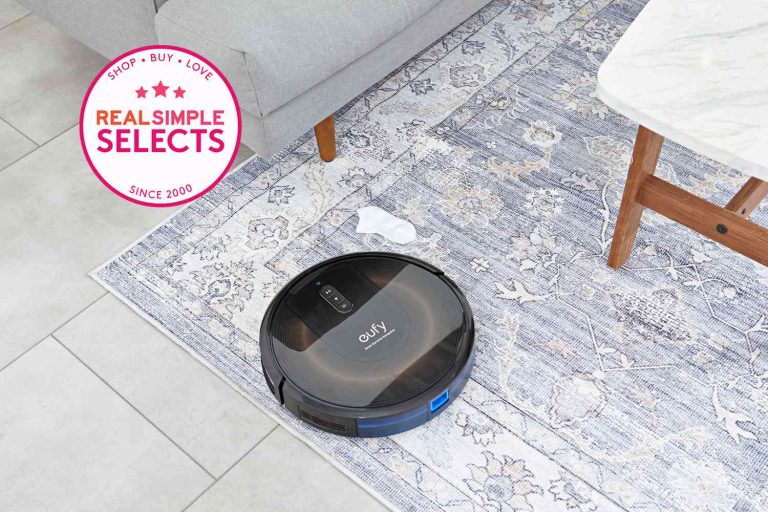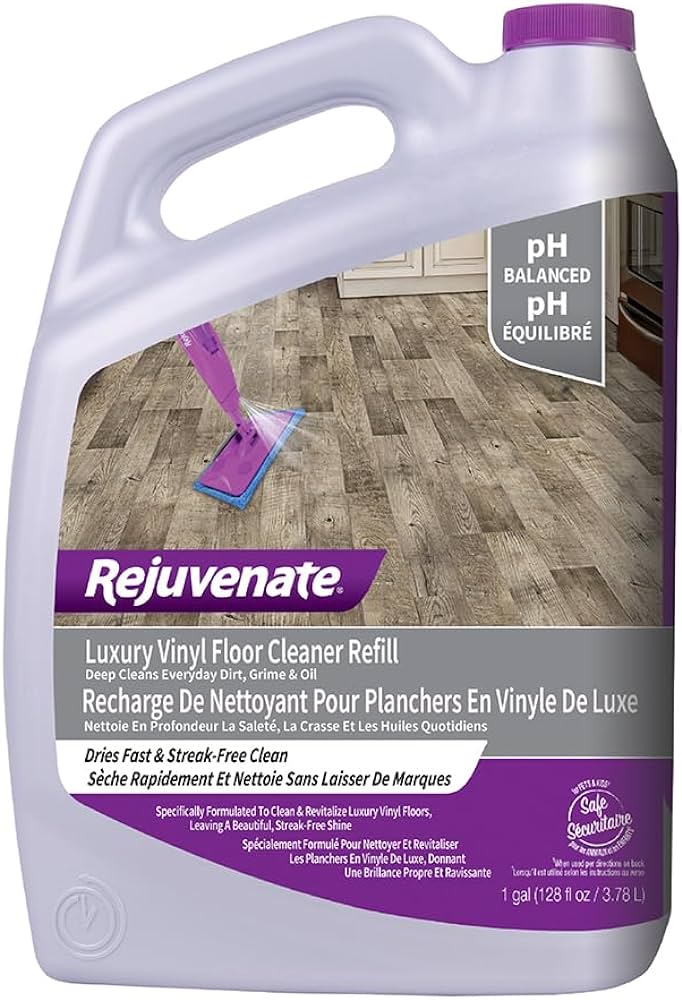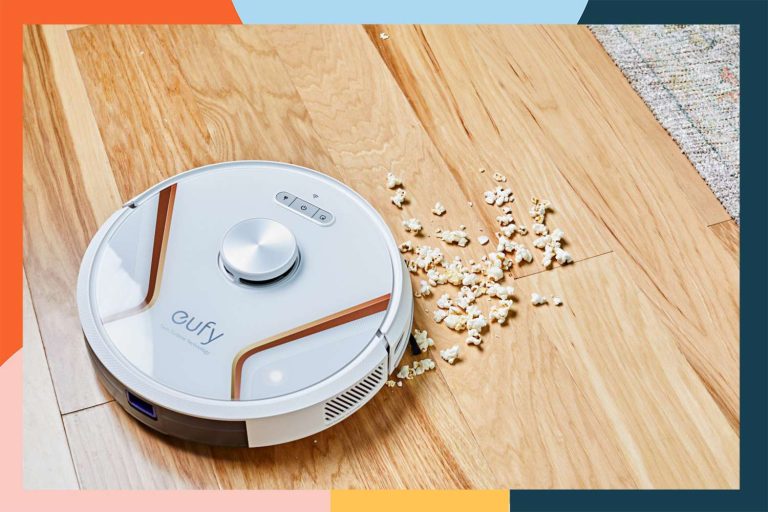Are Robot Vacuums Energy Efficient
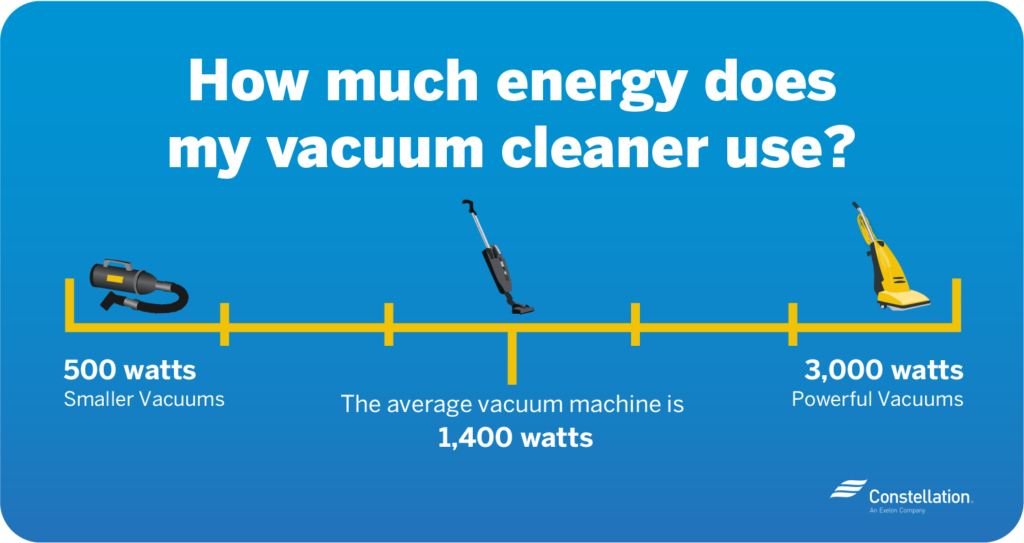
Robot vacuums are generally energy efficient, consuming less power than traditional vacuums. Many models use as little as 30-90 watts per hour during operation.
The rise of smart home technology has ushered in an era of convenience and efficiency, with robot vacuums at the forefront. These compact devices automate the mundane task of cleaning floors, doing so with surprising energy frugality. Compared to the traditional vacuum cleaners, which can use upwards of 1000-2000 watts, robot vacuums represent a significant reduction in electricity usage.
This not only helps households save on utility bills but also contributes to a lower environmental footprint. Equipped with advanced sensors, programmable features, and self-docking charging stations, robot vacuums optimize their cleaning paths and energy usage for maximum efficiency. As they quietly go about sprucing up your living spaces, their low energy consumption makes them both an eco-friendly and budget-friendly choice for savvy homeowners.

Credit: www.electricireland.ie
Introduction To Robot Vacuums
Robot vacuums are modern cleaning devices that operate on their own. They have been around since the early 2000s, gaining popular use in homes for their convenience and automation. These intelligent machines work by navigating spaces with sensors to suck up dust and debris. Their growth in popularity reflects advancements in battery technology and AI.
Their operation hinges on rechargeable batteries and various energy-efficient features. They can automatically return to charging docks when low on power. This ensures optimal energy use and availability for the next cleaning session. Understanding these vacuums’ basic principles of operation is vital to assessing their energy efficiency.
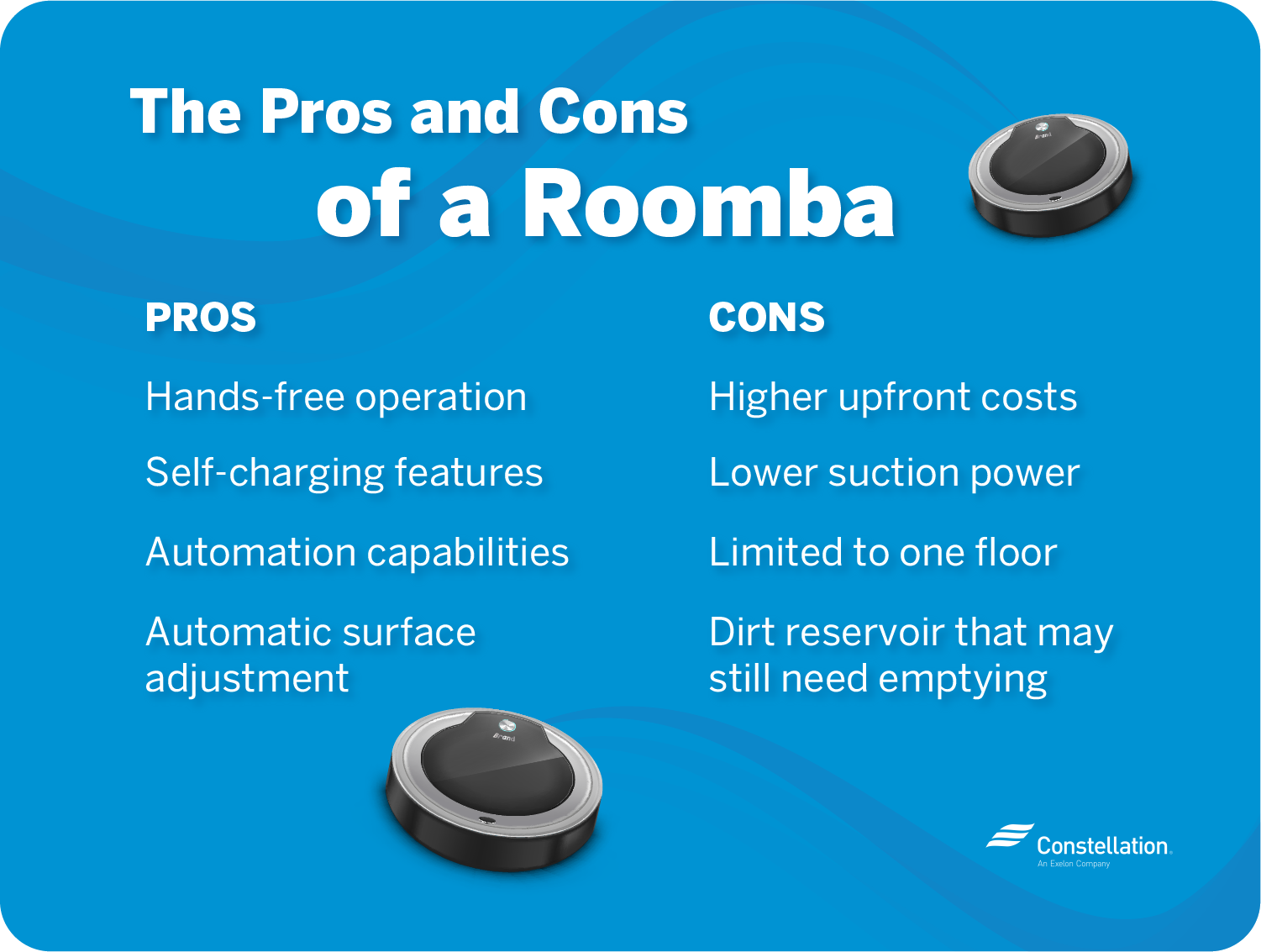
Credit: blog.constellation.com
Assessing The Energy Efficiency Of Robot Vacuums
Robot vacuums use less power than traditional vacuums. Their design is smart and efficient. Energy efficiency is important. It means using less energy to do the same job. This saves you money on electricity bills.
To measure energy consumption, look at watts (W) on the label. This tells you how much electricity the vacuum uses. People compare robot vacuums to upright vacuums. Most find that robot vacuums are better.
| Robot Vacuum | Traditional Vacuum |
|---|---|
| Less energy used | More power needed |
| Smaller motors | Larger motors |
| Battery-powered | Plugged into a wall |
Several factors make a vacuum efficient. Battery size, cleaning time, and motor type are key. A better battery can clean more space. A shorter cleaning time saves energy. Also, a brushless motor uses less power than a brushed one.
Advantages And Limitations Of Robot Vacuums
Robot vacuums save energy by using smart tech. Unlike regular vacuums, they use lower wattage and have adaptive power usage. Pulling from batteries, these robots optimize energy.
Considering performance and energy cost, robot vacuums strike a balance. They clean effectively while keeping energy bills low. It’s true, higher performance models may use more power, but technological advancements are constantly reducing this gap.
Battery life varies between models. Most machines can run for 60 to 120 minutes before needing a recharge. Their recharge cycles are designed to be efficient, often docking themselves when low on power.
Durability affects a robot vacuum’s lifespan. With proper care, they can last for years. Robust build quality and easy-to-replace parts extend their life, making them an eco-friendly choice.
Technological Advances And Innovations
Robot vacuums are getting smarter and saving more power. Their battery technology has improved a lot. Now, they can clean longer on a single charge.
New features also help save energy. Robot vacuums now have sensors to know where they’ve cleaned. They don’t go over the same spot too much.
Some models have eco-friendly modes. These modes use less power when cleaning. It’s a big step in making vacuums use less energy.
We expect to see even more cool changes for saving power soon. Robot vacuums will get better at this. They will help keep our planet green.
Optimizing Energy Efficiency In Robot Vacuums
To optimize energy efficiency in robot vacuums, users can adopt some best practices. For example, routine cleaning of brushes and filters is crucial. Maintenance tips such as replacing worn parts also help preserve energy. Regular software updates improve the vacuum’s operation.
Manufacturers play a key role by integrating advanced technologies. They can design vacuums that use less power and have longer battery life. Some vacuums now come with Energy Star certification, signaling their eco-friendly design. This certification indicates the vacuum meets strict energy efficiency guidelines. Such vacuums aid in reducing the environmental footprint.
| Best Practice | Benefits |
|---|---|
| Clean brushes and filters | Improves suction, uses less power |
| Replace worn parts | Prevents extra energy consumption |
| Software updates | Enhances cleaning paths, saves time |

Credit: www.fruugonorge.com
Frequently Asked Questions On Are Robot Vacuums Energy Efficient
Do Robotic Vacuums Use A Lot Of Electricity?
Robotic vacuums do not consume a lot of electricity. They typically use less energy than traditional vacuums.
What Is The Disadvantage Of Robot Vacuum?
Robot vacuums can struggle with obstacles, have limited battery life, and may not match the deep cleaning power of traditional vacuums. They require routine maintenance and can be expensive.
Should You Run Your Robot Vacuum Every Day?
Running your robot vacuum daily is recommended for maintaining cleanliness, especially in high-traffic areas or homes with pets to effectively manage dust and debris.
Conclusion
Rrobot vacuums represent a blend of convenience and energy efficiency. Their smart technology, coupled with energy-saving features, makes them a sustainable choice for modern households. While they may not completely replace traditional vacuums, their role in reducing overall energy consumption is noteworthy.
As smart home technologies evolve, robot vacuums continue to play a significant role in promoting energy-efficient cleaning practices, aligning with the growing trend towards sustainability.
